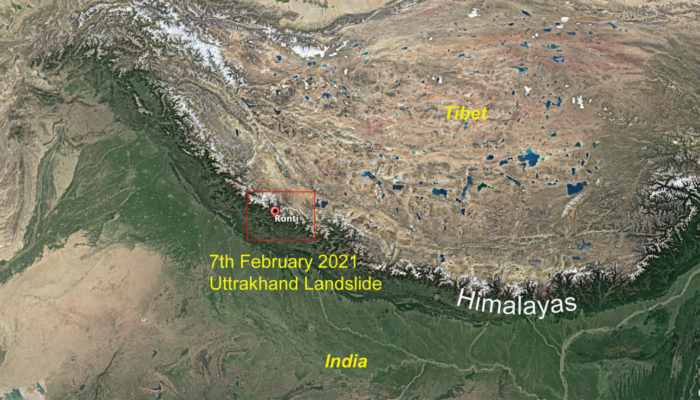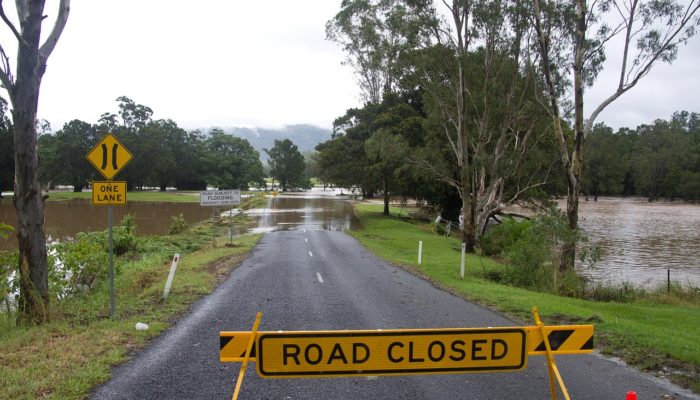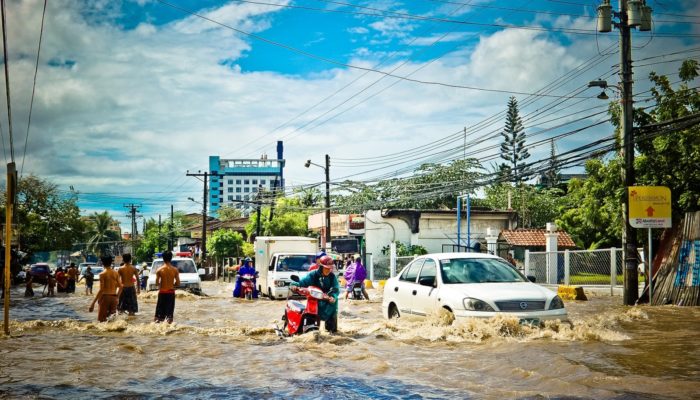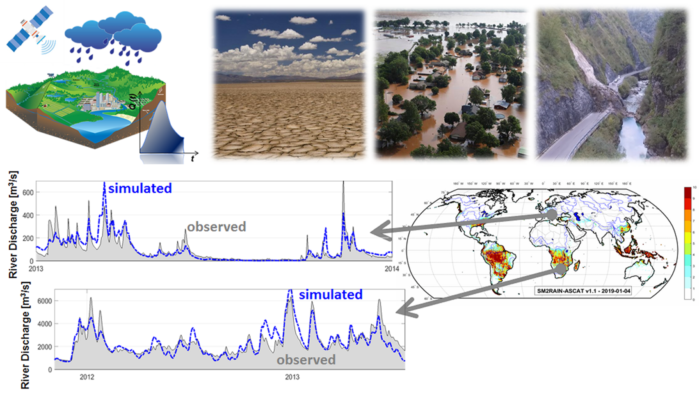Rising global temperature and melting of glaciers in the Himalaya are changing the Himalayan cryospheric dynamics and causing a dramatic increase in the frequency and magnitude of the natural and anthropogenic hazards. One such example was the 7th February 2021 Uttarakhand landslide-induced floods, which killed almost 200 people and washed away two hydropower dams, amidst when India was dealing wi ...[Read More]
Lessons learnt, and to be learnt from the Uttarakhand, Himalaya 2021 catastrophic event.




